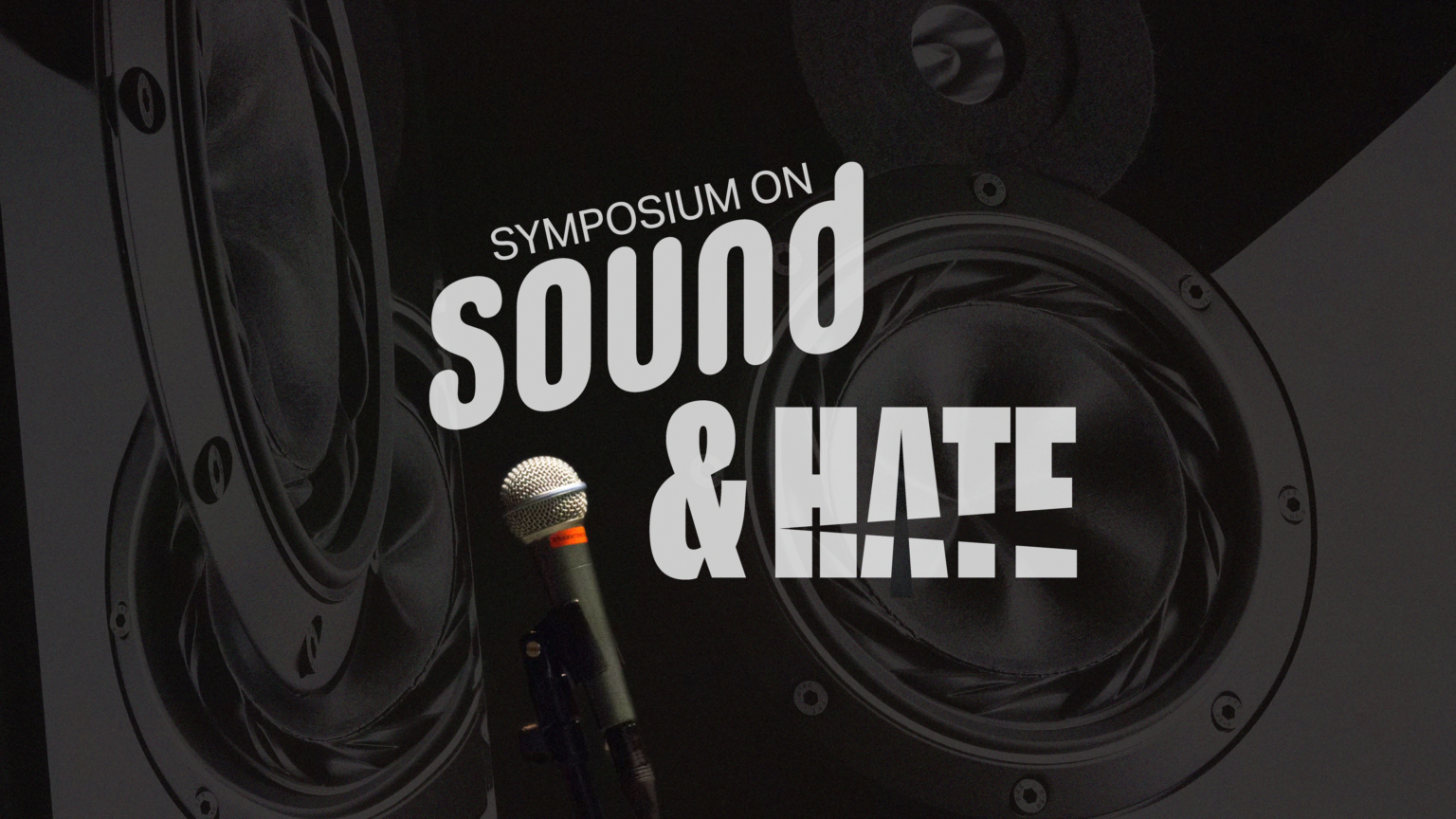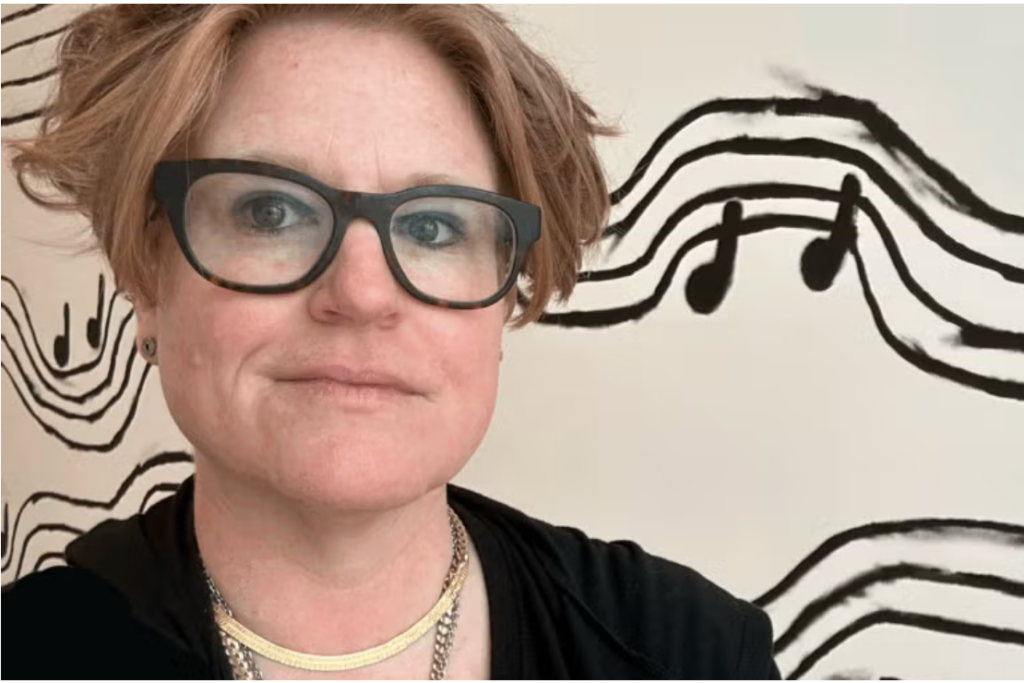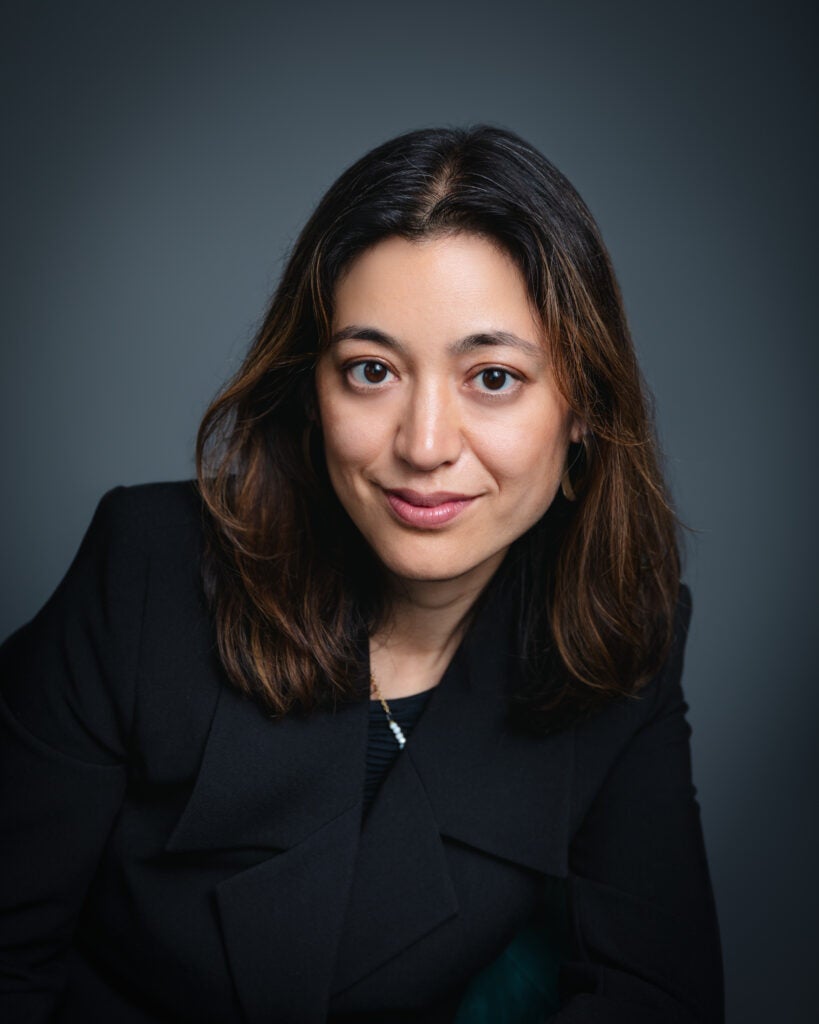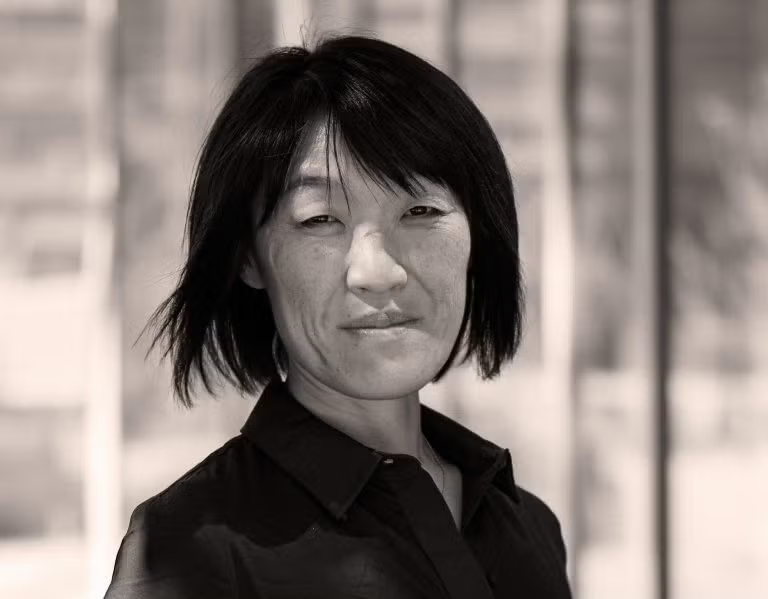
Symposium on Sound and Hate Studies
Schedule of Events
1pm-2:05pm – Mini-Presentations and Q&A with Kathryn Huether, Jenny Olivia Johnson, and Shayna Silverstein. Moderated by Nina Eidsheim.
2:05-2:15pm – Break
2:15pm-3:15pm – Conversation
3:15pm-4:45pm – Keynote by Shayna Silverstein — “Sectarian Reckonings: The Politics of Voice and Song in Post-Authoritarian Syria”
Speakers

Jenny Olivia Johnson
See Bio
Associate Dean for Inclusive Excellence, Associate Professor – Musicology. Jenny Olivia Johnson (b. 1978 in Santa Monica, CA) is a composer, sound artist, music scholar, and associate professor of musicology at The UCLA Herb Alpert School of Music. Her work ranges from essays on music, trauma, and synaesthesia to electroacoustic chamber songs, contemplative solo works, short amplified operas, and interactive, inter-media installations.

Kathryn Huether
See Bio
Kathryn Agnes Huether, who received her PhD in Ethnomusicology/Musicology from the University of Minnesota in 2021 and holds a master’s degree in religious studies/Jewish studies from the University of Colorado. She is currently UCLA’s Initiative to Study Hate and the Alan D. Leve Center for Jewish Studies Postdoctoral Research Associate in Antisemitism Studies. She has held visiting appointments at Vanderbilt University and Bowdoin College and was the 2021-2022 United States Holocaust Memorial Museum Jack, Joseph, and Morton Mandel Center for Advanced Holocaust Research and American University’s Postdoctoral Fellow. Her primary areas of research consider how music—or more broadly sound—mediates modes of contemporary understanding regarding history, memory, discrimination, and trauma with particular emphasis on Holocaust Memory and African American Slavery. While at UCLA, Huether is researching the roles that sound plays in antisemitic virality on social media, in addition to completing her first book project, Sounding Trauma, Mediating Memory: Holocaust Economy and the Politics of Sound, about sound usage within contemporary Holocaust memory. This dynamic project draws on memory studies and trauma theory, as well as Musicology, to add a sonic dimension to our understanding of the complex political economy of the Holocaust.

Shayna Silverstein
See Bio
Shayna M. Silverstein is associate professor in the Department of Performance Studies and faculty member of the Middle Eastern and North African Studies program at Northwestern University. Silverstein’s teaching and scholarship broadly examine the politics and aesthetics of sound, movement, and performance in contemporary Middle Eastern cultural production. Her first book, Fraught Balance: The Embodied Politics of Dabke Dance Music in Syria (2024), shows how dabke dance music embodies the fraught dynamics of gender, class, ethnicity, and nationhood in an authoritarian state. Silverstein has also published an award-winning article in the Journal of Middle East Women’s Studies, and an audiography in [in]Transition: Journal of Videographic Film & Moving Image, among other scholarly contributions. Her publications and research have been supported by the Institute for Citizens & Scholars, the Andrew W. Mellon Foundation, the National Endowment for the Humanities, and the Fulbright Program, as well as the Alice Kaplan Institute for the Humanities and Buffett Institute for Global Affairs at Northwestern University. Shayna received her Ph.D. in Ethnomusicology from the University of Chicago and her B.A. in History from Yale University.
She currently serves on the Editorial Boards of Northwestern University Press and Ethnomusicology; the Editorial Advisory Board for the Sound Studies series of Bloomsbury Press; the Society for Ethnomusicology’s Advisory Council; and she is a Co-Chair for the Society for Arab Music Research. Shayna also enjoys playing violin with Tayf Ensemble and Lakeview Orchestra in Chicago.

Nina Eidsheim
See Bio
Nina Eidsheim (she/her) is the author of Sensing Sound: Singing and Listening as Vibrational Practice and The Race of Sound: Listening, Timbre, and Vocality in African American Music; co-editing Oxford Handbook of Voice Studies; Co-editor of the Refiguring American Music book series for Duke University Press. She received her bachelor of music from the voice program at the Agder Conservatory (Norway); MFA in vocal performance from the California Institute of the Arts; and Ph.D. in Musicology from the University of California, San Diego. Eidsheim is Professor of Musicology at The UCLA Herb Alpert School of Music and founder and director of the UCLA Practice-based Experimental Epistemology (PEER) Lab, an experimental research Lab dedicated to decolonializing data, methodology, and analysis, in and through multisensory creative practices. Current projects include a book collaboration with Wadada Leo Smith and a multi-model project that will map networks of metaphors that structure musical community, discourse, and practice.